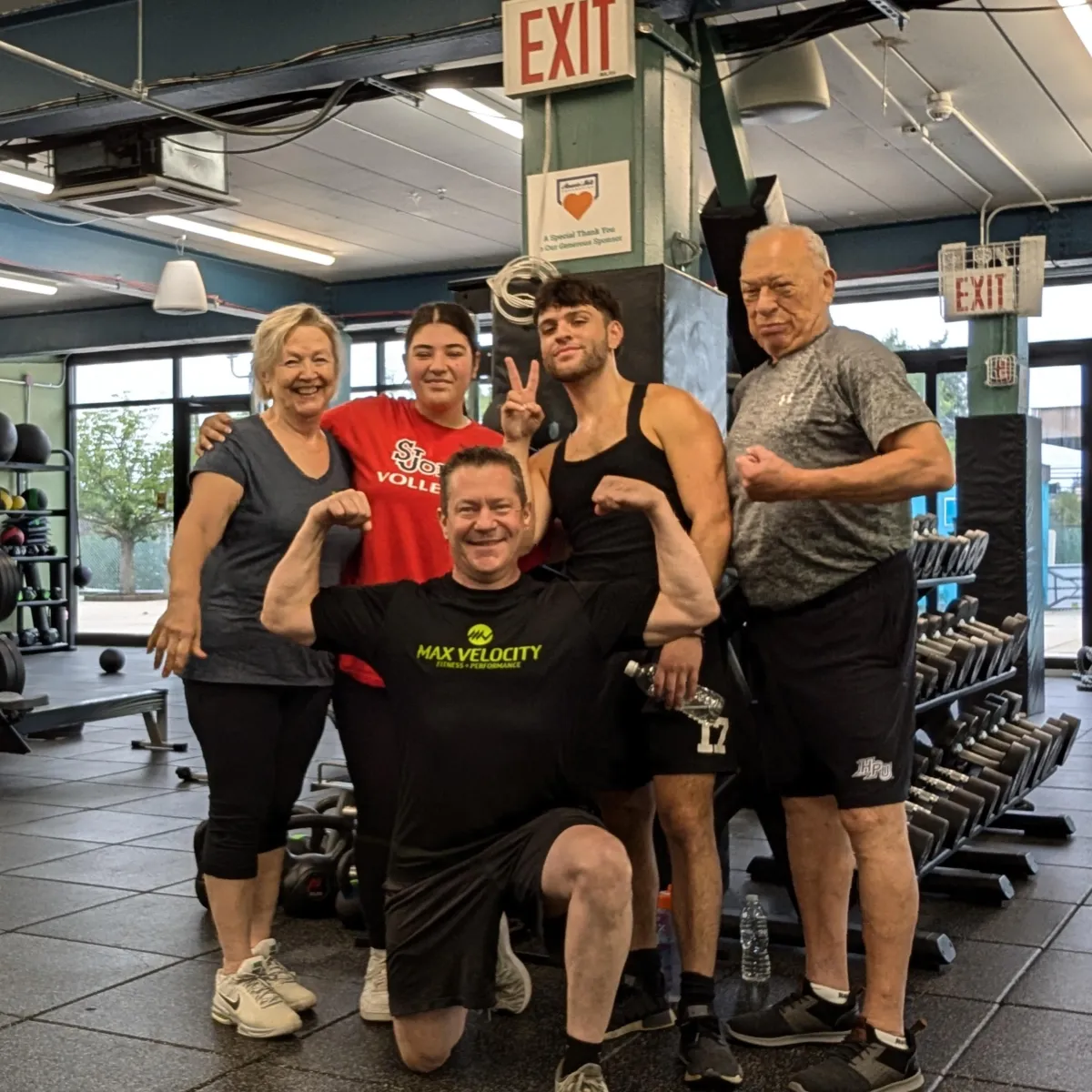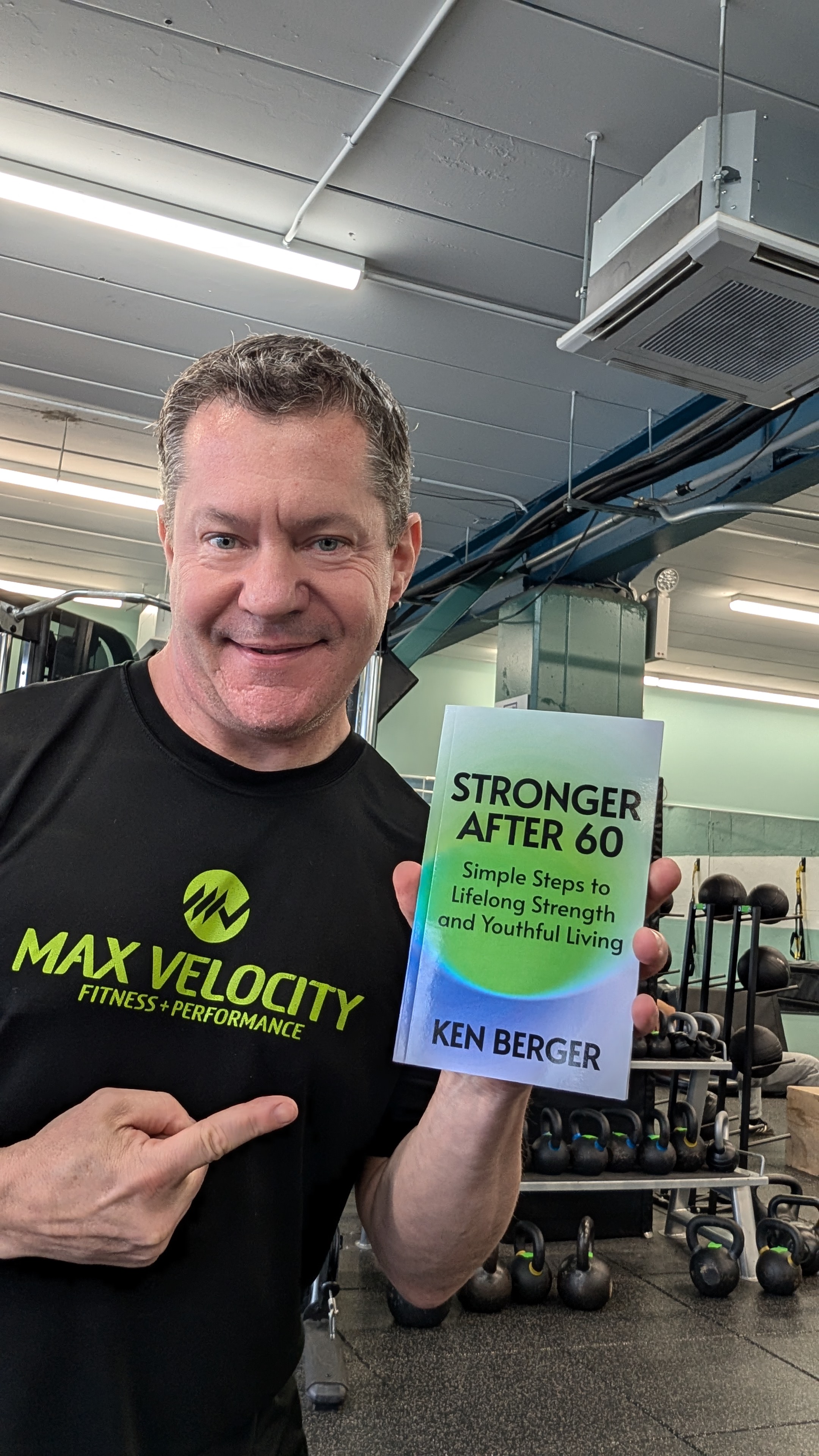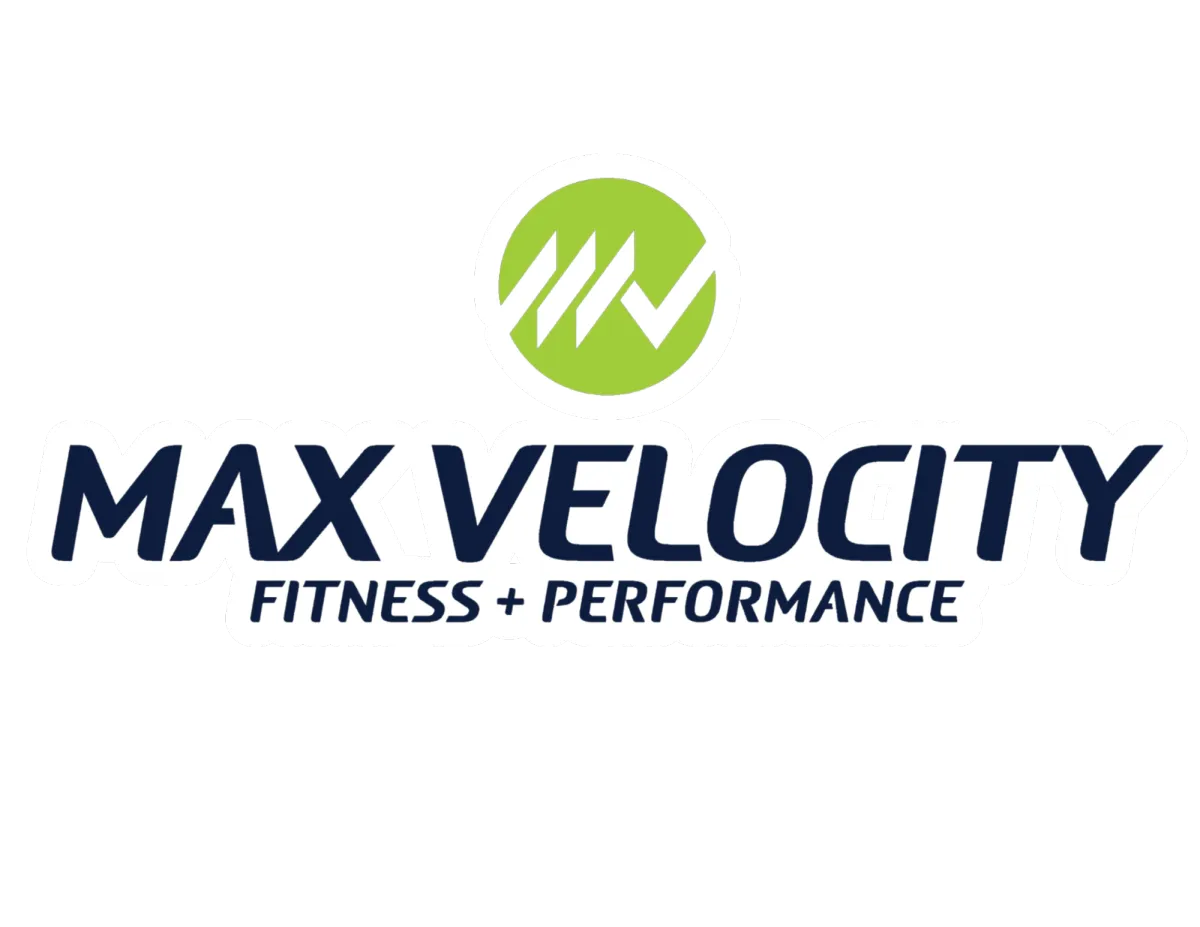

Why you shouldn't wait to increase your longevity with exercise and nutrition
By Ken Berger
Jim sat in his doctor's office, staring blankly at the wall. At 62, he felt like he was falling apart. His once-strong body was now frail, and he struggled with everyday tasks that used to be second nature.
His doctor had just delivered some sobering news: Jim was at high risk for metabolic syndrome, and early signs of cognitive decline were beginning to show. Worse yet, a recent scan had revealed a suspicious mass that required further investigation.

As he left the office, Jim reflected on his life. He remembered the years he spent prioritizing work over health, skipping workouts and indulging in fast food. He had always thought there would be time to get fit later, to eat better and to take care of himself. But now, faced with the irreversible symptoms of aging, he felt a deep sense of regret. If only he had taken control of his longevity sooner.
It doesn't have to be this way. By embracing exercise and nutrition, particularly strength training and a balanced diet, you can significantly reduce the risk of cardiovascular and metabolic diseases, cancer and neurodegenerative disorders. Let's explore how these lifestyle changes can serve as powerful vehicles for long-term health and vitality.
The Science Behind Strength Training
Strength training is not just about building muscle; it's a cornerstone of healthy aging. As you age, maintaining muscle mass becomes crucial for metabolic health, bone density and overall physical function. Research shows that regular strength training can improve insulin sensitivity, reduce inflammation and lower the risk of chronic diseases like type 2 diabetes and cardiovascular disease.

Strength training also supports cardiovascular health by improving the heart's efficiency and reducing blood pressure. Engaging in resistance exercises 2-3 times a week can enhance muscle strength and endurance, which are vital for maintaining an active lifestyle as you age.
Nutrition: Fueling Longevity
A well-balanced diet complements the benefits of exercise. Emphasizing whole foods such as fruits, vegetables, whole grains and lean proteins, can significantly lower the risk of chronic diseases. Diets like the Mediterranean and DASH are particularly effective in promoting heart health and reducing inflammation.
Following a nutrition plan rich in omega-3 fatty acids, fiber, and antioxidants is particularly effective in promoting heart health and reducing inflammation, while protecting against cardiovascular diseases and certain cancers. Incorporating foods like fatty fish, nuts and legumes into your diet can provide essential nutrients that support brain health and reduce the risk of neurodegenerative diseases.

Longevity expert Dr. Peter Attia, author of “Outlive” and host of “The Drive” podcast, has a saying you’d do well to keep in mind: “What’s good for the heart is good for the brain.” So if you focus on consuming heart-healthy foods, you’ll get what Dr. Attia calls a “two-fer.” The same foods also protect your brain against cognitive decline and can delay the onset of diseases like Alzheimer’s and various forms of dementia.
Beyond the Surface: Embracing Meaningful Goals
While the fitness industry often highlights "6-pack abs" and "bikini bodies," the real benefits of exercise and nutrition extend far beyond appearance. For people over 50, the spotlight should shine on enhancing quality of life and longevity. Strength training and proper nutrition can help maintain independence, prevent falls and improve mental health.
Exercise is also linked to a reduced risk of cognitive decline. Regular physical activity increases blood flow to the brain and promotes the growth of new brain cells. It also stimulates the body’s production of Brain-Derived Neurotrophic Factor (BDNF), which is responsible for the repair of damaged neurons and the production of new ones.
Practical Steps to Get Started
If you’re over 50 (or even if you aren’t), there are some simple ways you can start living a life focused less on aesthetic goals and hedonistic thrills and more on living a longer, healthier and more active life:
1. Set Realistic Goals: Focus on sustainable changes rather than quick fixes. Aim to incorporate strength training exercises, such as weightlifting, into your routine at least twice a week.
2. Adopt a Heart-Healthy Diet: Prioritize whole foods over processed ones. Include a variety of colorful fruits and vegetables, whole grains and lean proteins in your meals.
3. Stay Consistent: Consistency is key. Find activities you enjoy, whether it's walking, swimming or yoga, and make them a regular part of your life.
4. Monitor Progress: Keep track of your improvements in strength, endurance and overall well-being. Celebrate small victories along the way.
5. Consult Professionals: Work with a healthcare provider or fitness coach to tailor an exercise and nutrition plan that suits your needs and goals.
As you embrace the journey of healthy aging, remember that exercise and nutrition are powerful tools for enhancing both lifespan and healthspan. By focusing on meaningful goals, you can enjoy a vibrant, active life well into your later years.
Avoid focusing on how you look and flip the focus instead to how long – and well – you want to live. This will give your newfound active, healthy lifestyle a purpose … the most important one there could be, by far.
–
If you’d like to learn how simple it is to dramatically improve your lifespan and healthspan through exercise and nutrition, I’ve got 5 spots available in my “September Special” promotion. It’s really simple … All you have to do is lock in your spot for September and enjoy the rest of your summer with no risk and no obligation. As soon as you’re ready, we’ll start transforming your health … one step at a time. If you’d like the details, you can schedule a time to chat HERE.
Want To Learn More First? Download A FREE Copy Of My Best-Selling Book ... Stronger After 60!
My new best-selling book, Stronger After 60, is your ultimate guide to optimal health, fitness and longevity through the power of science and healthy habits.
Stronger After 60 will change the way you think about aging. This book is designed for real people who want simple solutions to maintain their strength and youthful energy while enjoying the best things in life without restriction. It’s your roadmap to longevity, wellness and enjoying your 60s and beyond like someone half your age.

And TODAY, You Can Get Your Very Own Copy of Stronger After 60 ... for FREE!
Just click the button below, fill out your info, and a copy of Stronger After 60
will be on its way to your inbox in seconds!
Don't miss out on this life-changing opportunity. Get your FREE copy of Stronger After 60 NOW.




